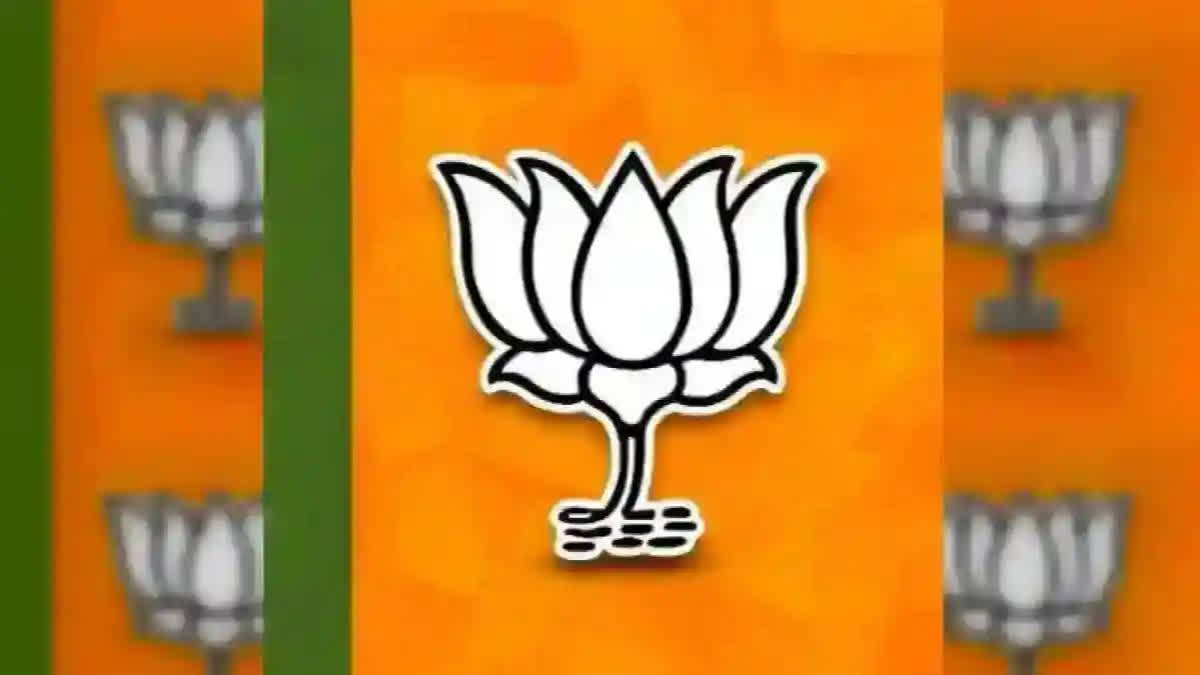Hyderabad: The world's largest political party, the saffron party, was established on April 6, 1980. The 44th Foundation Day of the Bharatiya Janata Party (BJP) is observed every year on April 6. The annual Foundation Day celebrations feature a range of activities, talks, and debates about the history, accomplishments, and aspirations of the party.
The party and its members meet together on BJP Foundation Day to discuss the values, tenets, and revolutionary accomplishments of the Bharatiya Janata Party. It's a day to rejoice, contemplate, and reaffirm one's dedication to the party's principles.
Tracing The Rise of the BJP: The Bharatiya Janata Party (BJP) traces its roots back to the Bharatiya Jana Sangh, emerging as a political force amidst the shifting landscape of post-independence India. Established on April 6, 1980, the BJP has evolved from its inception to become a formidable political entity, challenging the dominance of the Indian National Congress.
Foundation and Evolution: After the Emergency was imposed in 1975, Indian politics saw a turbulent phase that resulted in the formation of the BJP. The party arose as a separate entity during the political turmoil, representing Panchnishthas, integrated humanism, and cultural nationalism. The merger of the Bharatiya Jana Sangh with the Janata Party in 1977 laid the groundwork for the BJP's formation, setting the stage for its subsequent rise to prominence.
Theme 2024: The theme for this year’s BJP Foundation Day is "Phir Ek Baar Modi Sarkar."
Atal Bihari Vajpayee Era: Under the leadership of Atal Bihari Vajpayee, the BJP assumed power in 1996, albeit briefly, followed by a more substantial victory in 1998 and 1999. Vajpayee's tenure witnessed significant milestones in India's development journey, including the Pokhran nuclear tests, successful missile launches, and infrastructural advancements. These achievements bolstered India's global standing and underscored the BJP's commitment to progress and national pride.
The Modi-Shah Paradigm: The transition to the Modi-Shah era marked a new chapter in the BJP's trajectory, characterised by a resolute pursuit of power and transformative governance. Prime Minister Narendra Modi's clarion call for a "Congress-free India" galvanised the party's cadres and propelled it to unprecedented electoral victories in 2014 and 2019. Initiatives such as "Make in India," "Digital India," and the bold move to demonetise high-value currency notes showcased the government's vision for economic growth and reform.
Legislative Triumphs and Controversies: The BJP government's tenure has been punctuated by significant legislative victories, including the passage of the Triple Talaq Bill and the abrogation of Article 370 in Jammu and Kashmir. These measures, while lauded by supporters as bold and progressive, have also courted controversy and criticism, underscoring the polarising nature of the BJP's policy agenda.
Achievements after 2014:
- 'Make in India' launched on September 25, 2014.
- Digital India launched on July 1, 2015.
- That night of November 8, 2016, when Rs 500-1000 notes were banned
- 5 August 2019, when Article 370 was removed from Jammu and Kashmir
- Triple Talaq Bill passed on July 30, 2019.
- CAA came into effect on January 10, 2020.
- GST was implemented on July 1, 2017.
- Agneepath scheme to be launched on June 16, 2022
- Chandrayaan landed on the South Pole of the Moon on August 23, 2023.
- India hosted the G-20 on September 9-10.
- 22 January: Consecration of Ramlala Virajman and construction of Ram temple in Ayodhya.



